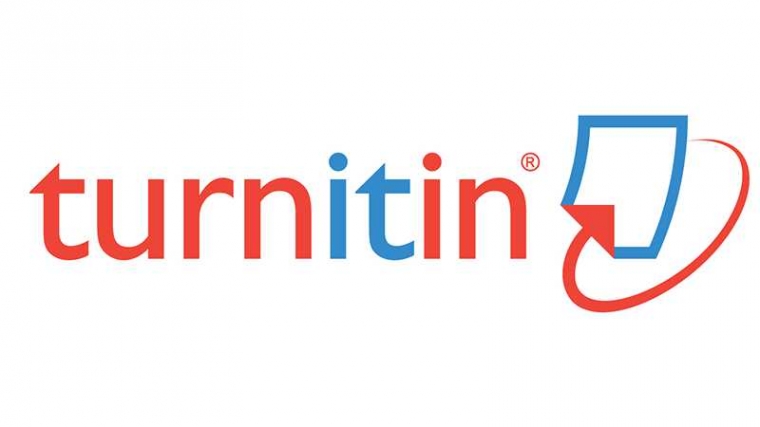THE GLOBAL AND LOCAL ERRORS IN ENGLISH-INDONESIAN TRANSLATION
Sari
ABSTRACT: This research aims at revealing and analyzing errors made by the fourth-semester students of English Education Study Program, Khairun University. Dulay, Burt, and Krashen (1982) categorized errors into two types, namely global and local errors. Global errors refer to errors that affect overall sentence organization significantly hinder communication. While, errors that affect single element (constituents) in sentences do not usually hinder communication significantly are called local errors. The scholar focuses on analyzing students’ errors in translating legal terms in English into Indonesian. This research is qualitative research that is analyzed the data descriptively. The research shows that there are many errors occurred in students’ target-language text. The errors made by the students dominantly indicate local errors with the percentage of 81.57% as the errors which do not influence or disturb the readers’ understanding. While, global errors’ percentage is 18.43%.
Teks Lengkap:
PDFReferensi
REFERENCES
Baker, Mona. 1992. In Other Words: A Course Book on Translation. London: Ruotledge.
Brown, H. 2007. Principles of Language Learning and Teaching. New Jersey: Prentice-Hall Inc.
Brown, H. Douglas. 2000. Principles of Language Learning and Teaching Fourth Edition: Addition Wesley Longman.
Brown, H. Douglas. 1994. Principle of Language Teaching, Camridge: University Press.
Corder, S.P. 1998. Error Analysis, Interlanguage and Second Language Acquisition, Language Teaching and Linguistics: Abstracts, 8, 201-218.
Corder, S. P. 1967. Error Analysis: Perspectives on Second Language Acquisition. London: Longman.
Catford, J.C. 1974. A Linguistic Theory of Translation. Oxford: Oxford University Press.
Catford, J.C. 1965. A Linguistic Theory of Translation: An Essay in Applied Linguistics, Oxford University Press, London, New York, and Toronto.
Dulay, H., Burt, M. and Krashen, S. 1982. Language Two. New York: Oxford University Press.
Gass, S., & Selinker L. (2008). Second language acquisition: An introductory course (2nd ed.). New York, Routledge.
Krisetyawati, B. F. 2010. An Error Analysis of the Translation of Noun Phrase into Indonesia, English Department of Teacher Training and Education Faculty. Sebelas Maret University. Surakatra.
Larson, M. 1992. Meaning-Based Translation. USA: University Press of America, Inc.
Nida, E.A. & Taber. 1975. The Theory and Practice of Translation. Leiden: E.J. Brill.
Kim T. Phạm. 2017. An Analysis of Translation Errors: A Case Study of Vietnamese EFL Student. International Journal of English Linguistics; Vol. 8, No. 1: Canadian Center of Science and Education.
Retnomurti, Ayu Bandu and Imran Indiyah. 2013. The Equivalence and Shift in the English Translation of Indonesian Noun Phrases.Gunadarma,http://www.gunadarma.ac.id/library/articles/postgraduate/letters/Artikel.pdf.
Richards. J.C. 1974. Error Analysis: Perspective on Second Language Acquisition. London: Longman.
Suksaeresup, N and Ackrapong, T.T. 2009. Lost in Translation: How to Avoid Errors in Translation from English. Bangkok, Thailand: The Western Languages Department, Srinakharinwirot University.
Utami, Silvia. 2017. The Source of Errors in Indonesian-English Translation. Jurnal, KATA: Vol 1 No. 2.
DOI: https://doi.org/10.33387/humano.v10i1.1379
Refbacks
- Saat ini tidak ada refbacks.
| Journal Name | HUMANO: Jurnal Penelitian |
| Print ISSN | 1978-6115 |
| Elektronik ISSN | 2597-9213 |
| Publisher | Lembaga Penelitian dan Pengabdian Masyarakat (LPPM) Universitas Khairun |
| Address | Jalan Yusuf Abdurrahman Kampus II Unkhair, Kelurahan Gambesi, 97722 Kecamatan Kota Ternate Selatan, Provinsi Maluku Utara |
| Country | Indonesia |
| humano@unkhair.ac.id / humanounkhair@gmail.com‚ | |
| URL | https://ejournal.unkhair.ac.id/index.php/humano/index |
| DOI | http://doi.org/10.33387/humano |

This work is licensed under a Creative Commons Attribution-NonCommercial 4.0 International License.






